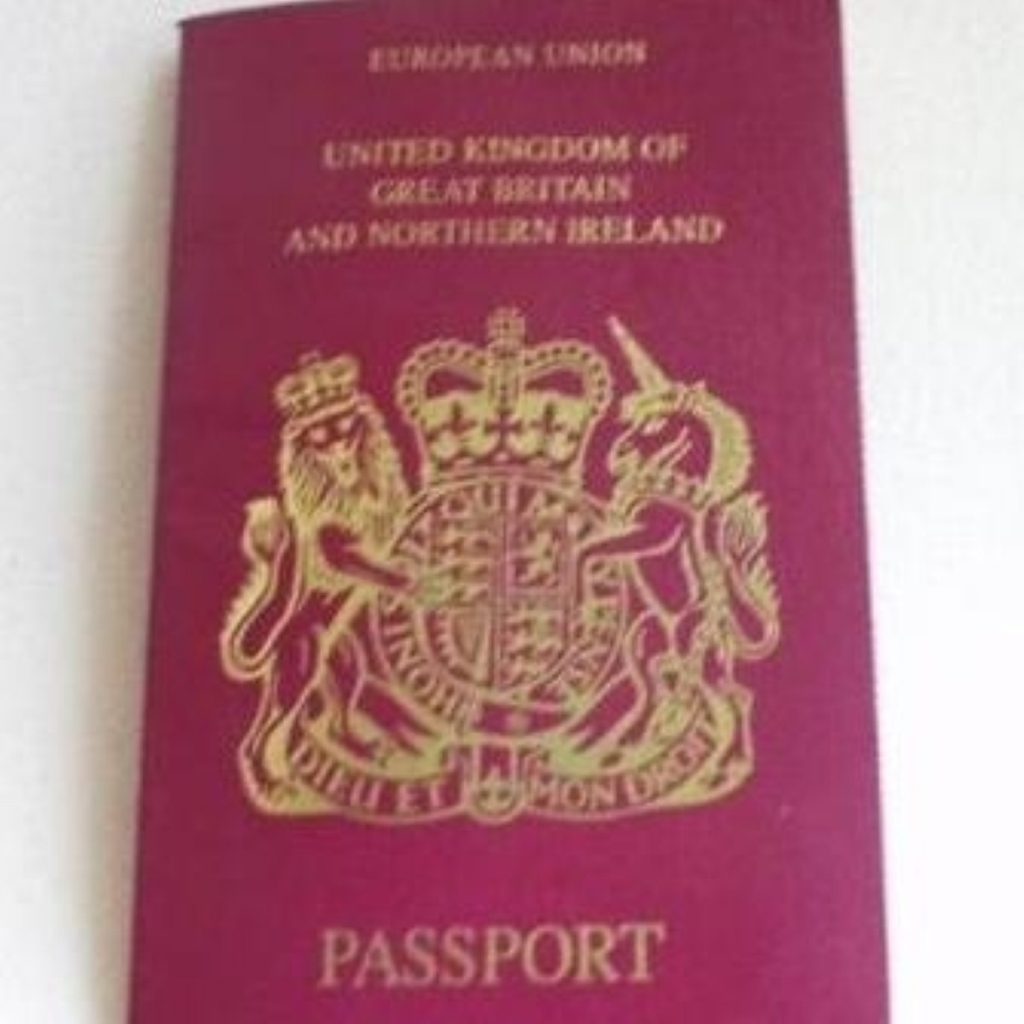Passports to double in price
The price of a new passport could double to £85 when new “biometric” national ID cards are introduced, David Blunkett, Home Secretary, said on Tuesday.
By 2008-09, Mr Blunkett projected, the new biometric passports scheme – which the Government says will bolster the fight against illegal immigration and global terrorism – would cost an additional £415 million a year to make it fully comply with America’s standards for travel documentation.
Biometric ID cards can record details like facial dimensions, iris images and fingerprints, checkable against a national database.
The Home Office says the first national ID card in Britain for more than 50 years will cost between £1.3-3.1 billion.


From 2007-08, all citizens applying for a new or renewed passport will also receive an ID card as well.
The £85 figure has been revised from the previous figure of £77, because Mr Blunkett last week opted for a stand alone ID card rather than an all-in-one card tied to passports and driving licences.
The ID card scheme will collate biometric data including scans of the iris and face and the fingerprints for all 59 million people in the UK. The cards will eventually be compulsory to have, though not to carry.
Separate compulsory ID cards will cost an extra £85 million, he noted.
A passport currently costs £42.
Mr Blunkett told the Home Affairs Select Committee yesterday: “The development of secure passports is essential now for travel, not least to the United States.”
The committee’s initial inquiry into the scheme said the Government’s ID card plans were “poorly thought out”.
A bill for ID cards is expected to find its way into the Queen’s Speech on November 23rd.
People not requiring a passport may use the ID card to travel within European Union and the wider European Economic Area, which includes Norway, Iceland and Liechtenstein, Mr Blunkett said.
Liberal Democrat leader, Charles Kennedy has warned the ramifications and resultant “climate of fear” from the September 11, 2001 terror atrocities ought not to be exploited to curtail civil liberties injudiciously.
“Extraordinary threats – like those posed by international terrorism – may require us, in times of emergency and for limited periods, to find a different balance between our hard won liberties and our security,” he has said.
“But the correct response to such threats should not be, as the current Home Secretary appears to think, the abandonment of some of the liberties that generations of Britons have relied upon.”












